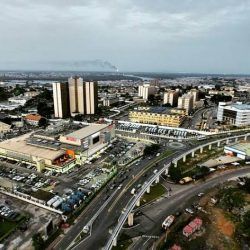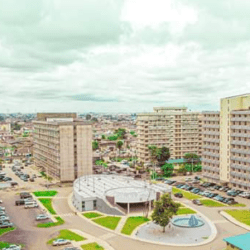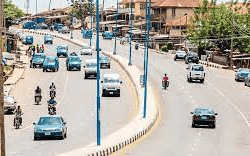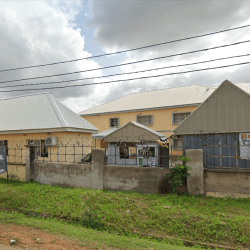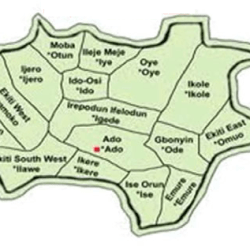The Customary Courts in Ekiti State are:
- Customary Court, Ayede-Ekiti
- Customary Court, Igbara-Ekiti
- Customary Court, Ogotun-Ekiti
- Customary Court, Ado-Ekiti
- Customary Court, Ilawe-Ekiti
- Customary Court, Aramoko-Ekiti
- Customary Court, Okemesi-Ekiti
- Customary Court, Ijero-Ekiti
- Customary Court, Ipoti-Ekiti
- Customary Court, Ayedun-Ekiti
- Customary Court, Oye-Ekiti
- Customary Court, Ido-Ekiti
- Customary Court, Iyin-Ekiti
- Customary Court, Ode-Ekiti
- Customary Court, Emure-Ekiti
- Customary Court, Ayetoro-Ekiti
- Customary Court, Otun-Ekiti
- Customary Court, Efon-Ekiti
- Customary Court, Ise-Ekiti
- Customary Court, Aisegba-Ekiti
- Customary Court, Ikogosi-Ekiti
- Customary Court, Ikere-Ekiti
- Customary Court, Ikole-Ekiti
- Customary Court, Igbemo-Ekiti
- Customary Court, Omuo-Ekiti
- Customary Court, Ifaki-Ekiti
- Customary Court, Isan-Ekiti
- Customary Court, Osi-Ekiti
- Customary Court, Iloro-Ekiti
- Customary Court, Are-Ekiti
- Customary Court, Iludun-Ekiti
Ekiti
Ekiti is a state in southwestern Nigeria.
Named after the Ekiti people, the Yoruba subgroup that make up the majority of the state’s population, Ekiti State was formed from a part of Ondo State in 1996 and has its capital as the city of Ado-Ekiti.






Ekiti State is a state in southwestern Nigeria, bordered to the north by Kwara State, to the northeast by Kogi State, to the south and southeast by Ondo State, and to the west by Osun State.
It was created in 1996 from the territory of the former Ondo State. The state is known for its rich cultural heritage, natural beauty and agricultural potential.
Ekiti is also home to some of some prestigious educational institutions in the country, such as the Ekiti State University, the Federal University of Oye-Ekiti and the Afe Babalola University.
One of the most popular destinations in Ekiti is the Ikogosi Warm Springs Resort, located in Ikogosi town. This resort is famous for its natural phenomenon of warm and cold springs flowing side by side from the same source. The warm spring has a temperature of about 70°C, while the cold spring has a temperature of about 37°C. The resort offers various facilities and activities for visitors, such as swimming pools, chalets, restaurants, conference halls, hiking trails and a museum.


Ekiti State has 16 Local Government Areas, namely:
- Ado-Ekiti
- Ikere
- Oye
- Aiyekire (Gbonyin)
- Efon
- Ekiti East
- Ekiti South-West
- Ekiti West
- Emure
- Ido-Osi
- Ijero
- Ikole
- Ilejemeje
- Irepodun/Ifelodun
- Ise/Orun
- Moba





Another attraction in Ekiti is the Arinta Waterfalls, situated in Ipole-Iloro town. This waterfall is one of the highest and most spectacular in Nigeria, with a height of about 120 meters. The waterfall is surrounded by lush vegetation and rocky cliffs, creating a scenic and serene environment. You can enjoy the view of the waterfall from a distance or get closer to feel its refreshing spray.
The Ekiti Cultural Centre in Ado-Ekiti, is a hub for cultural activities and events, such as exhibitions, festivals, workshops and performances. The centre also houses a museum that showcases various artifacts and relics from the past, such as pottery, beads, masks, costumes and musical instruments.
Ekiti is a state that celebrates its traditions and values. Some of the most notable festivals in Ekiti are the Udiroko Festival, the Ogun Festival and the Olosunta Festival. These festivals are held annually to mark different occasions and honor different deities. They feature colorful displays of costumes, dances, music and rituals that reflect the identity and diversity of Ekiti people.

